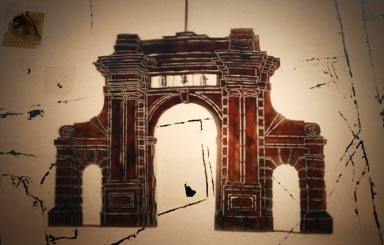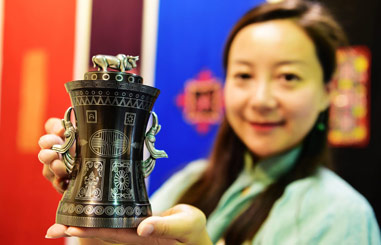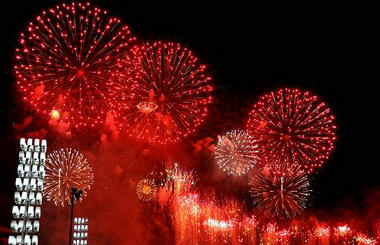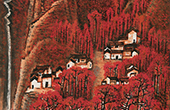Men of La Mancha
By Chen Nan ( China Daily ) Updated: 2012-10-30 09:26:35Future of theater
When doing a play with inexperienced students, Graves does a lot of explaining and showing. It is far more difficult to stage a play with novices than with experienced players.
But on the upside, cultural exchange and integration has been exciting.
Graves' Western perspective and humorous use of traditional Peking Opera masks and costumes help made The Monkey King a fresh experience for audiences.
"I like directing plays that mix Chinese and Western actors and technicians, as such a blending often seems to give a very unique perspective," he says.
During the past 10 years, Graves says he has not managed to learn Chinese because, "I am too old and too stupid to learn the beautiful language". But he does read many books about China and watch shows adapted from traditional Chinese literature, which made him believe the future of theater is in China.
He notes that China has a far richer tradition in musical theater, with its hundreds of different genres of opera.
"I believe that as Chinese artists find new musical expressions through their works, some of the most important and exciting musical theater will originate from China in the next 10 to 20 years," he says.
For Graves, the primary concern for the growth of a distinctly Chinese musical is that the development of that art is fostered by Chinese artists and not by businessmen with a commercial agenda.
"I encourage Chinese business to invest in musical theater in China, but to leave the creation of such art to the artists whose souls are made for such creation," he says.
His focus in life, he says, is still the theater.
"I have never wanted to be anything else other than an actor, director and writer. I still wake up almost every morning and wonder why everyone does not want to do this kind of work, to live a life in the theater."
Contact the writer at chennan@chinadaily.com.cn.
|
|
|
|
|
|
|
|

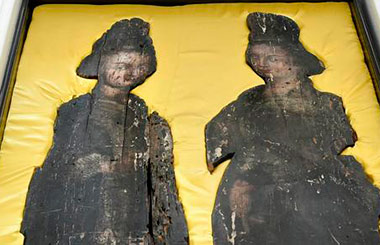
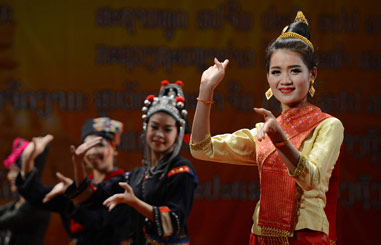
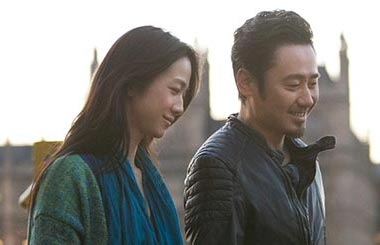
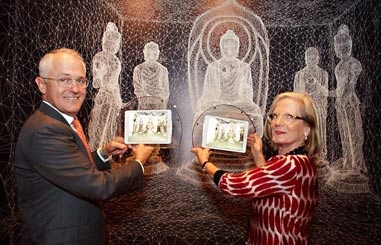
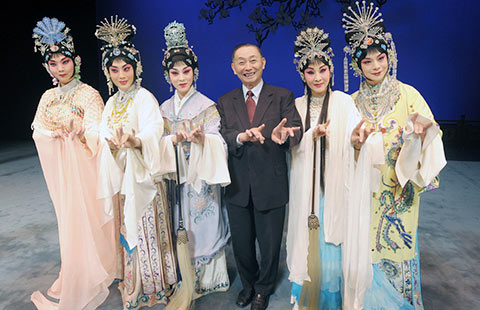

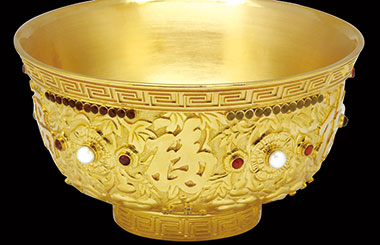
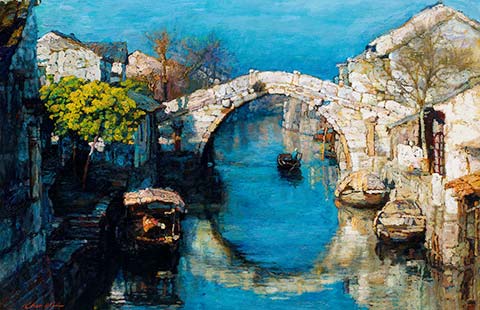
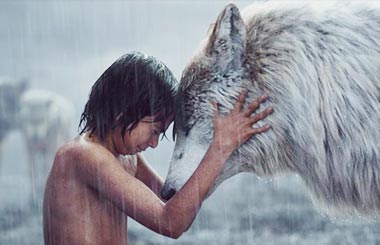
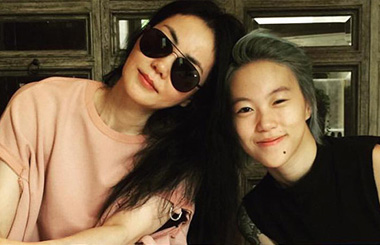

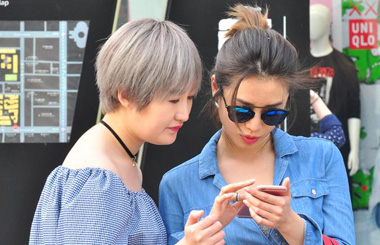



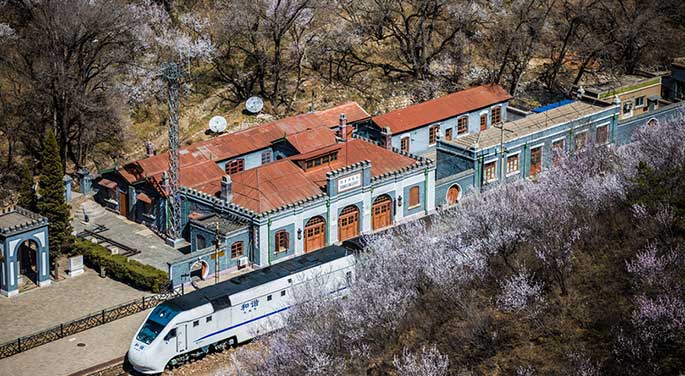


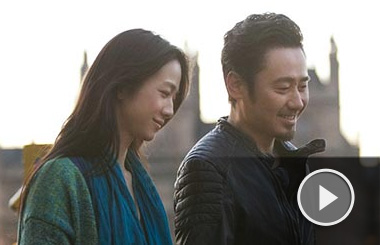
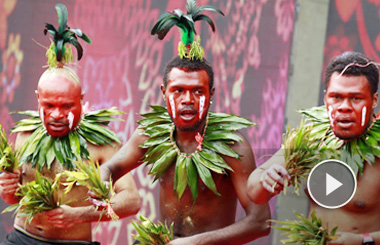
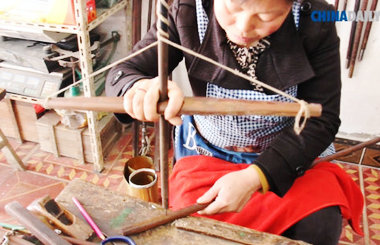
 Raymond Zhou:
Raymond Zhou: Pauline D Loh:
Pauline D Loh: Hot Pot
Hot Pot Eco China
Eco China China Dream
China Dream China Face
China Face
